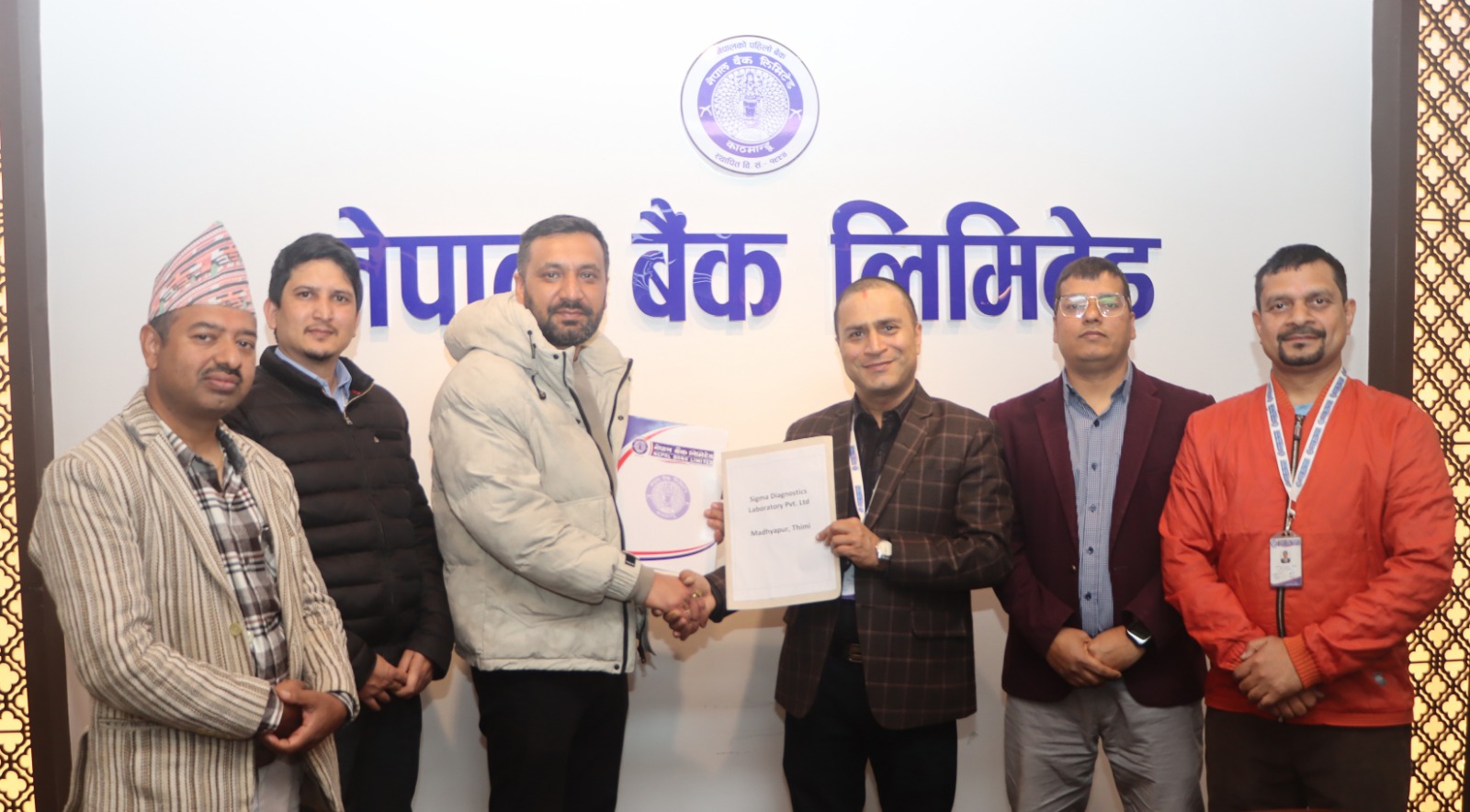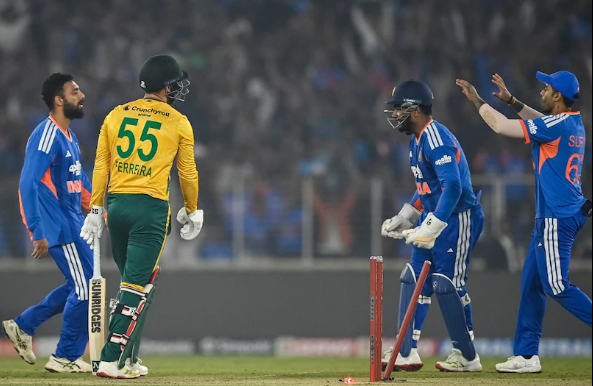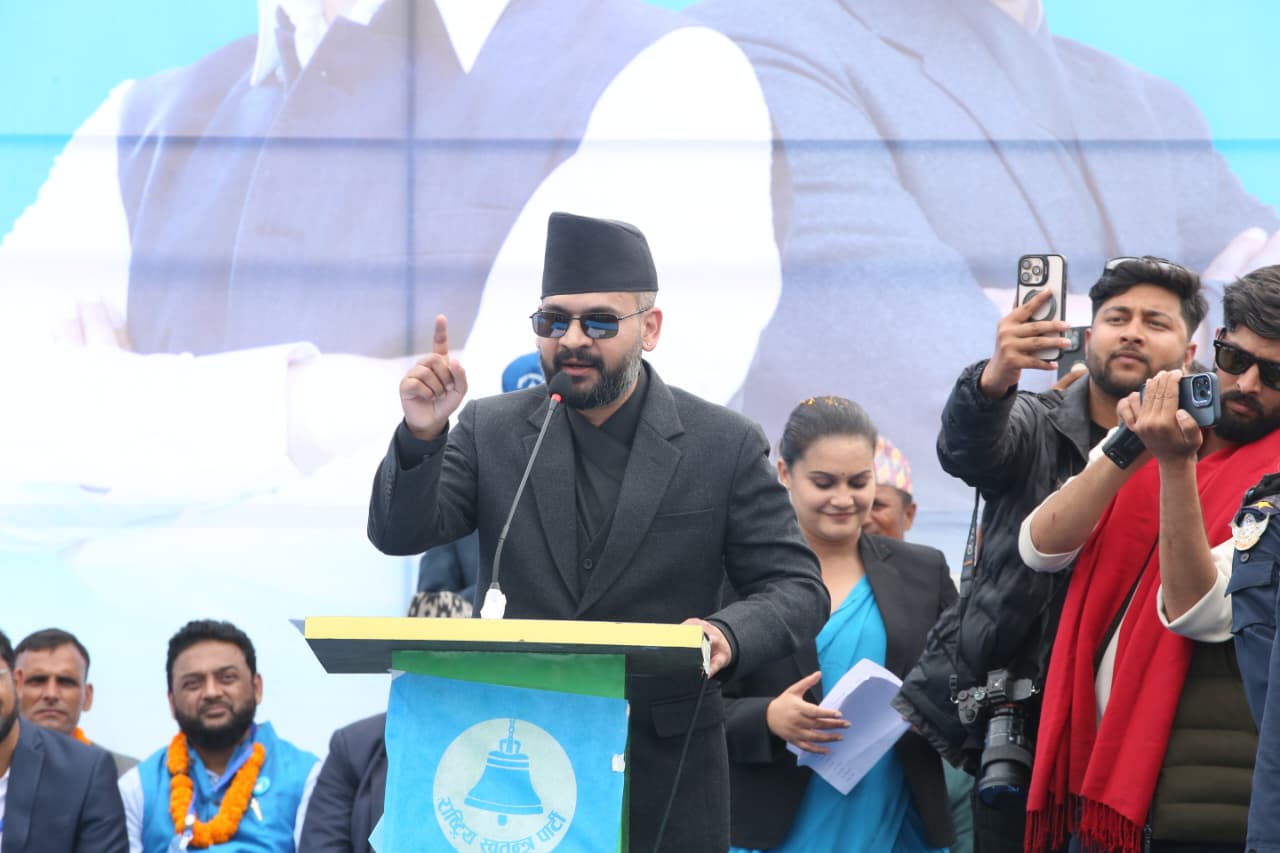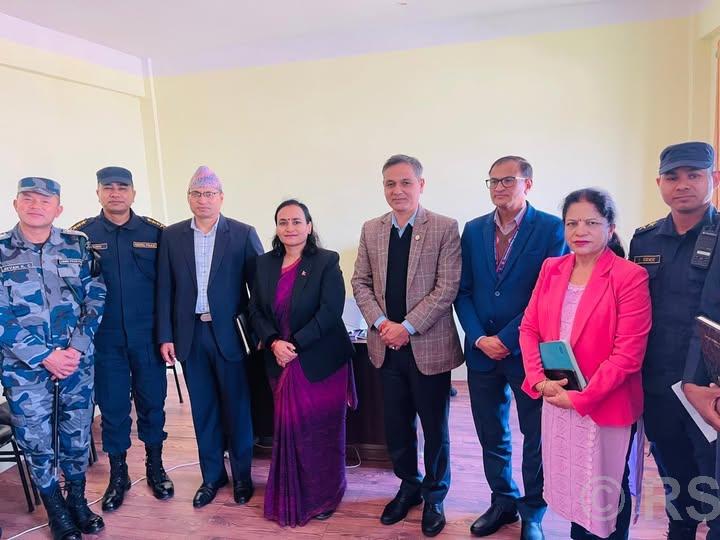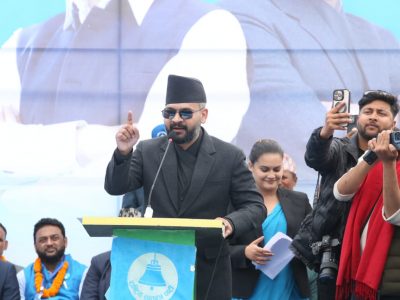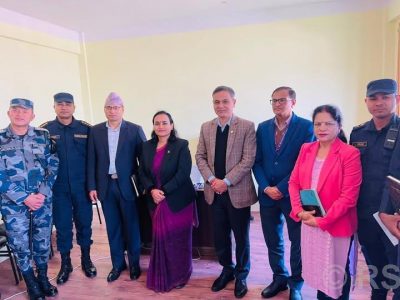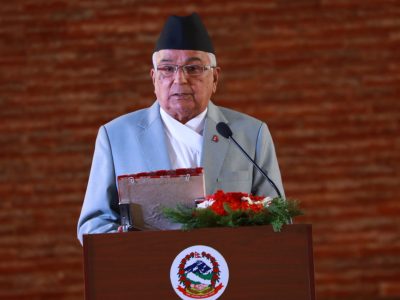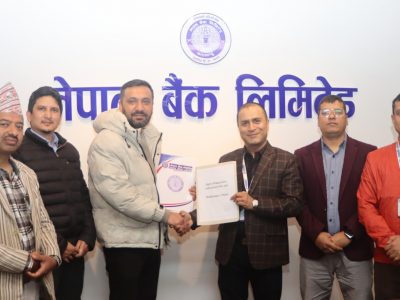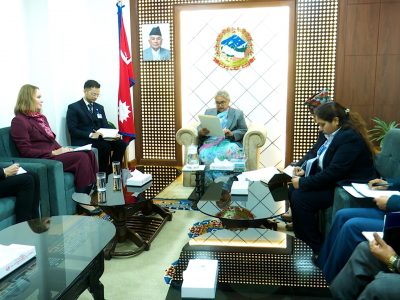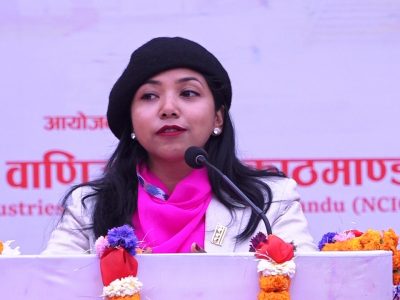High speed internet ban extended in Indian-administered Kashmir
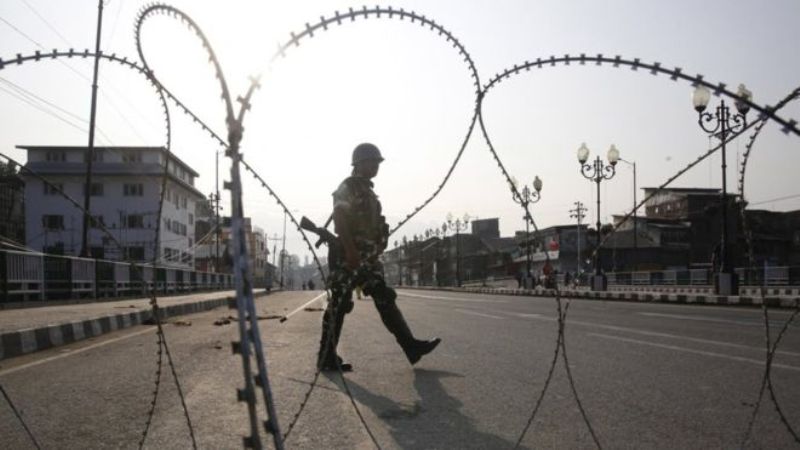
Image Credit: DCNepal Nepali Website, August, 8, 2019.
Kathmandu. India’s Union Territory of Jammu and Kashmir (J&K) will face an extended ban on high speed internet services till November 12. Kashmir has been struggling with achieving a sense of stability since the partition of 1947, that saw the valley being torn between India and Pakistan. The extension of the ban is just one of the many points where human rights groups and watchdogs have raised concerns over the situation of the people in the area.
The ban on high-speed internet was instituted in August 2019 when the Government of India decided to strip the statehood of the region by revoking Section 370 of the country’s Constitution. It was followed by a communications blackout whereby the internet as well as landline phones were cut-off. The Jammu-Kashmir Coalition of Civil Society (JKCCS), a prominent human rights group called it “a systemic form of discrimination, digital repression and collective punishment of the region’s residents.”
As per the orders that commenced the blackout, it was mentioned that this step was taken in order to ensure that “anti-national elements” did not misuse the high-speed internet “for carrying out activities inimical to the public order besides persuading the youths to join militancy.”
Amnesty International had raised the matter in a March 2020 publication, with regards to the COVID-19 crisis and the necessity of having unrestricted access to information about the global pandemic. Avinash Kumar, the Executive Director of Amnesty International India noted, “Complete shutdowns or restricting of internet speed or access makes it difficult for people to navigate their way through a difficult time further undermining their trust in the authorities. The Government of India needs to adopt a rights-respecting approach to protect public health and restore access to 4G speed internet.”
The restrictions were lessened a bit in January, with 2G services made available within select areas in the region. But institutions delivering essential services were still monitored and social media websites as well as internet messaging was still restricted for the majority of the population. Mobile internet speed in most parts of the region is still woefully slow.
Kashmir is unlikely to see any normalization in its political and social affairs in the near future. It has been caught in a relentless tug of war, and both sides are intent on pulling the entirety of the territory within their respective folds. With three wars fought in the past, continued hostilities, and numerous interests at play in the valley, the region is rife with tensions that puts the population at considerable risk.
Facebook Comment
latest Video
Trending News
- This Week
- This Month


